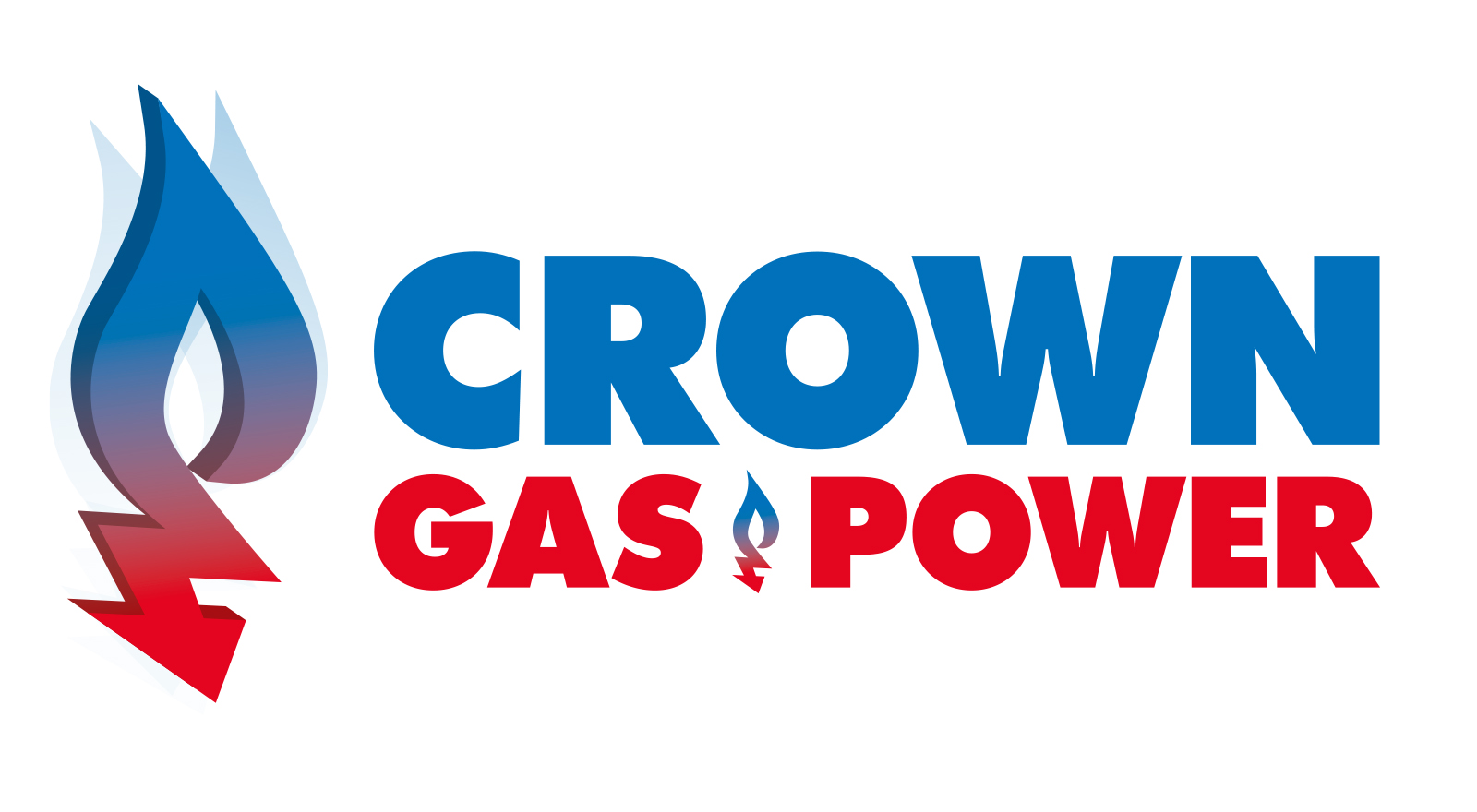- My Account
- About Us
About
We are a business energy supplier renowned for our first in class Manchester-based customer service and innovative products such as 10%, 25%, 50% & 100% Biogas.
My Account
- Business Energy
Business Energy
We offer flexible, tailored energy solutions across gas and electricity, including innovative renewable energy options such as Biogas.
My Account
- Energy Consultants
Energy Consultants
We’re here to provide a seamless process when switching your customer’s business energy.
My Account
- Utility Connections
Utility Connections
We offer a range of utility connections services including connections and service alterations for gas, electricity & water.
My Account
- Customer Support
Customer Support
Looking for support? We’ve got you covered.
- Submit Meter Readings
- Online Account Management
- Moving into a new property — Avoid deemed gas rates
- Deemed & Out of Contract Rates
- Fuel Mix Disclosure
- Energy Switching
- Worried about your bills?
- Make a complaint
- SMART/AMR Metering
- Energy Theft
- Nuclear Regulated Asset Base – RAB Levy
- Terms & Conditions
- FAQs
My Account
- Contact Us
-
 My Account
My Account
- My Account
- About Us
About
We are a business energy supplier renowned for our first in class Manchester-based customer service and innovative products such as 10%, 25%, 50% & 100% Biogas.
My Account
- Business Energy
Business Energy
We offer flexible, tailored energy solutions across gas and electricity, including innovative renewable energy options such as Biogas.
My Account
- Energy Consultants
Energy Consultants
We’re here to provide a seamless process when switching your customer’s business energy.
My Account
- Utility Connections
Utility Connections
We offer a range of utility connections services including connections and service alterations for gas, electricity & water.
My Account
- Customer Support
Customer Support
Looking for support? We’ve got you covered.
- Submit Meter Readings
- Online Account Management
- Moving into a new property — Avoid deemed gas rates
- Deemed & Out of Contract Rates
- Fuel Mix Disclosure
- Energy Switching
- Worried about your bills?
- Make a complaint
- SMART/AMR Metering
- Energy Theft
- Nuclear Regulated Asset Base – RAB Levy
- Terms & Conditions
- FAQs
My Account
- Contact Us
-
 My Account
My Account




